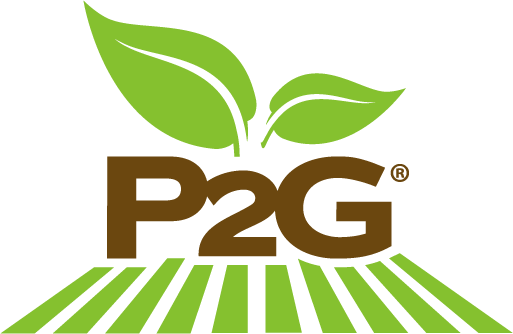Krymsk®86
(cv.AP I) USPP# 16.272
Krymsk® 86 is a very promising hybrid rootstock, especially for almond growers. It has repeatedly shown superior anchorage relative to all other rootstocks, including peach/almond hybrids. For almonds, the vigor and productivity of Krymsk® 86 are similar to Lovell. The soil adaptation is quite broad, including soils considered too wet for Lovell. Krymsk® 86 should not be used in soils prone to Rootknot Nematode infestation, nor where high Ring Nematode populations have been detected.
Krymsk® 86 is a peach/plum hybrid which has Nonpareil almond compatibility (oldest trees planted in 2004). No almond varieties have been found incompatible. Almond yields have been measured for Nonpareil, Butte, Monterey, Fritz, Winters and Carmel, with yields all similar to Lovell. Krymsk® 86, with superior anchorage and wet soil tolerance, has demonstrated better survival than Lovell rootstock in many cultural situations.
The root system for Krymsk® 86 spreads very widely relative to Lovell and Nemaguard. In addition, individual roots possess amazingly high tensile strength, resulting in stronger roots and superior anchorage. Lovell roots are typically brittle and lack the lateral spread of Krymsk® 86 roots. Because the Krymsk® 86 root system spreads widely, the irrigation system must wet a wide area.
SUCKERING: Produces a few trunk and root suckers, much less than Marianna 2624.
CHILLING REQUIREMENT: Appears to be slightly higher than Marianna 2624.
COLD HARDINESS: Based on experience in Russia, should be hardy in all major growing areas of the US.
NEMATODE RESISTANCE: None. Rootknot and Lesion nematode susceptibility similar to Lovell. Ring nematode susceptibility appears similar to Nemaguard, although more testing is needed.
EFFECT OF ROOTSTOCK ON BACTERIAL CANKER
SUSCEPTIBILITY: Similar to Nemaguard.
OAK ROOT FUNGUS TOLERANCE: Tolerant. In-vitro testing shows Krymsk® 86 to be more tolerant than Marianna 2624.
PHYTOPHTHORA SENSITIVITY: Much less sensitivity than Lovell, Nemaguard and peach/almond hybrids.
VERTICILLIUM RESISTANCE: Slightly susceptible, but much less susceptible than Lovell.
ASPHIXIA TOLERANCE: Spain has seen tolerance. The Russian region where the rootstock was developed has very heavy soils. Needs more testing in US.
DROUGHT TOLERANCE: Better than peach. Reported to be high in Russia.
CROWN GALL SUSCEPTIBILITY: Susceptible. Level of susceptibility is not extreme, but very little crown gall has been observed in orchards. Possibility of Crown Gall infection can be diminished with proper sanitation during root sucker removal.
HIGH pH TOLERANCE: Better than Lovell or Nemaguard. Needs more testing in conditions common in California and other areas of the US.
CALCAREOUS SOIL TOLERANCE: Reported in Spain to be good. Productive in calcareous soils of western Colorado.
NO. CALIF. REPLANT DISORDER SUSCEPTIBILITY: Similar to Lovell.
MONTEREY AND “YCL”: In some heavy soil orchards with Nonpareil and Monterey on Krymsk® 86 rootstock, some young trees may stop growth and develop yellow, cupped leaves (YCL). Heavy rainfall or excess irrigation in spring months can leave orchard soils highly saturated. Trees affected with YCL are usually in sites with very wet or very dry soils in spring.
Much lower and less severe YCL amounts have been observed on Nonpareil. Nonpareil trees typically recovers healthy green growth over the course of the growing season. Many Monterey trees recover healthy growth, but at a lower percentage than Nonpareil. For Monterey trees on Krymsk® 86, the root anchorage advantage clearly outweighs the small number of trees with delayed growth due to YCL.
